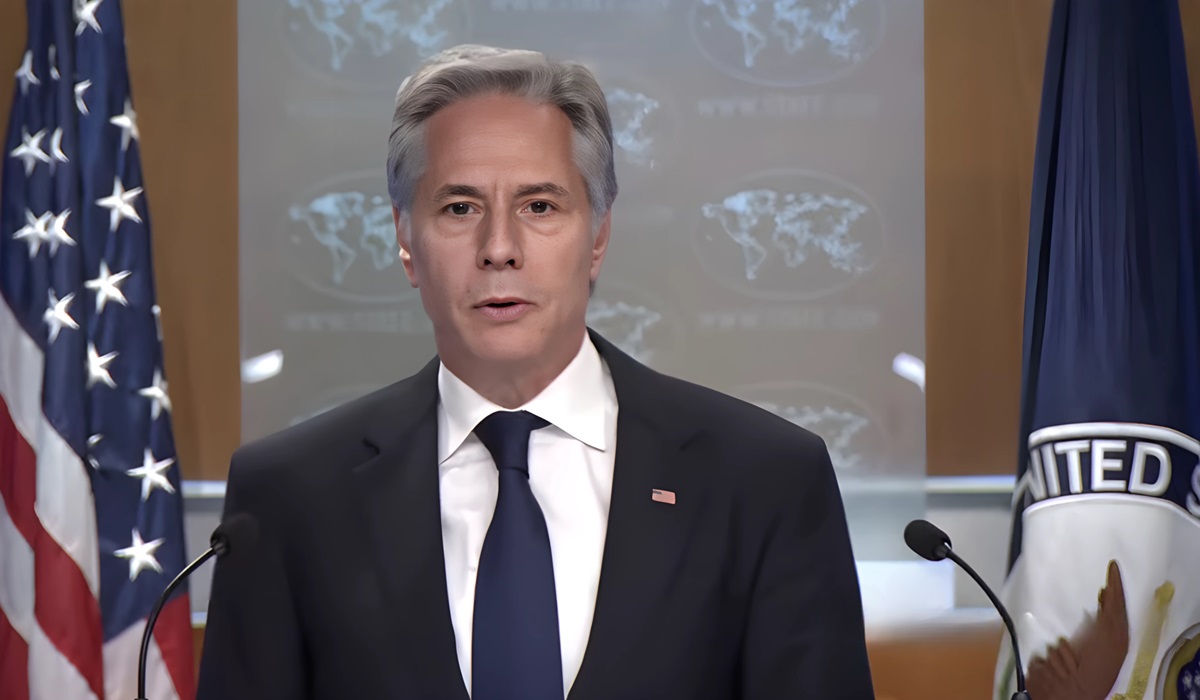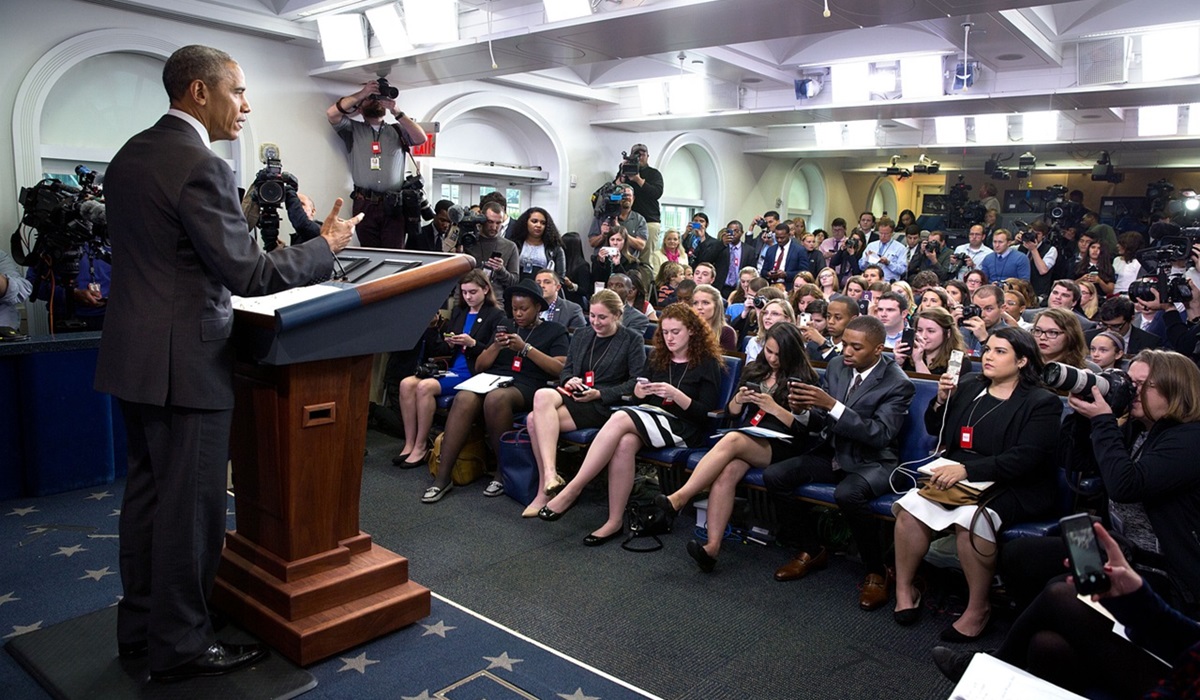Blinken’s Alleged Green Light for Israel’s Bombing of Gaza Aid Convoys Triggers Global Backlash
- TDS News
- U.S.A
- October 8, 2024

A deeply unsettling story has emerged, implicating U.S. Secretary of State Antony Blinken in giving a tacit green light for Israel to bomb humanitarian aid convoys in Gaza. The incident, involving the bombing of eight trucks, was first reported by journalist Yaniv Cogan of Dropsitenews. His firsthand reporting from the ground has quickly spread across international news outlets, sparking outrage and questions about the U.S. role in the escalating violence. The crux of the issue centers on whether Blinken, or anyone in the U.S. government, directly or indirectly approved the airstrike, which has severely impacted the flow of much-needed aid into the besieged Gaza Strip.
When confronted by reporters during a press briefing, White House spokesperson Matthew Miller issued a carefully crafted response that only seemed to deepen the controversy. Miller categorically denied the suggestion that the U.S. had signed off on the bombing of aid convoys, stating, “The suggestion the U.S. signed off on bombing aid convoys is not true.” However, in the same breath, he added, “Of course, Israel has the right to target Hamas militants—that has always been the case. And if there was a situation where Hamas militants commandeered a convoy, of course, Israel has the right to strike. But that’s not been the situation we’ve seen over the last year.”
This response raises more questions than it answers. If Israel has not encountered Hamas militants using humanitarian convoys as cover, why were these trucks—carrying essential supplies like food, water, and medicine—targeted? The situation becomes more perplexing when one considers Israel’s own rhetoric. Israeli Defense Minister Yoav Gallant made a chilling declaration, bluntly stating, “No food, no water, no electricity, no gas” will be allowed into Gaza, signaling an intent to cut off all essential resources to the Palestinian territory. In light of this, the bombing of the aid convoy appears to be part of a broader strategy to suffocate Gaza rather than a targeted military action against Hamas.
This revelation has sent shockwaves through the international community. Human rights organizations and peace advocacy groups are demanding accountability, with some calling for Blinken’s immediate resignation. They argue that Blinken, as the U.S.’s top diplomat, should be working toward de-escalation and peace, not enabling further bloodshed. Critics point to the increasingly apparent fact that Israeli Prime Minister Benjamin Netanyahu is not interested in ending the war. In fact, many believe Netanyahu hopes to draw the U.S. into a more direct role in the conflict, an outcome that seems increasingly likely given the current trajectory of U.S. foreign policy.
Blinken’s role as a peace negotiator has come under intense scrutiny, with detractors asserting that his ability to broker any meaningful ceasefire or diplomatic solution has been irreparably damaged. This is not the first time Blinken’s judgment in foreign policy has been questioned, but it may be the most damaging episode yet. Many analysts argue that Blinken’s failure to stand up to Israel on its increasingly aggressive military actions has made the U.S. complicit in the humanitarian crisis unfolding in Gaza.
As news of this incident spreads, the Biden administration is facing fierce backlash both domestically and internationally. Major news outlets and political commentators are seizing on this story, framing it as a critical failure of the administration’s foreign policy. The Biden-Harris administration, already struggling with various domestic and international challenges, now finds itself at the center of a scandal that could have long-term repercussions for U.S.-Middle East relations. The administration’s Achilles heel, it seems, is its inability to manage the complex and volatile relationship with Israel, particularly under the leadership of Netanyahu, who has shown little interest in peace talks or diplomatic solutions.
Moreover, the timing of this incident is particularly troubling. The conflict in Gaza has reached a critical point, with civilian casualties mounting and humanitarian conditions deteriorating by the hour. The bombing of aid trucks, which were meant to alleviate some of the suffering, is a stark reminder of the horrors of this conflict. And the U.S., through its unwavering support of Israel, is being increasingly seen as complicit in these atrocities.
Since the story first broke, it has been picked up by every major news organization around the world, intensifying calls for a ceasefire and an end to the bloodshed. Peace groups, human rights advocates, and even some political leaders are urging the U.S. to reconsider its position and take stronger action to hold Israel accountable for its actions. The Biden administration’s tepid response to this crisis has only emboldened critics who argue that U.S. foreign policy in the Middle East is failing miserably.
What happens next is uncertain, but one thing is clear: Blinken’s standing as Secretary of State has been seriously compromised. His ability to negotiate any kind of peace deal in the Middle East now seems virtually impossible. As calls for his resignation grow louder, the administration must grapple with the possibility that its credibility on the global stage is eroding. If Blinken remains in his position, it will only add to the perception that the U.S. is unwilling—or unable—to change course. But if he steps down, it will signal a profound acknowledgment that American foreign policy in the region is broken, and a significant shift may be necessary to restore any semblance of moral leadership in the Middle East.
The Biden-Harris administration is now facing one of the gravest challenges of its tenure, and how they choose to handle this situation will shape not only their legacy but the future of U.S.-Israel relations and the broader geopolitical landscape.








